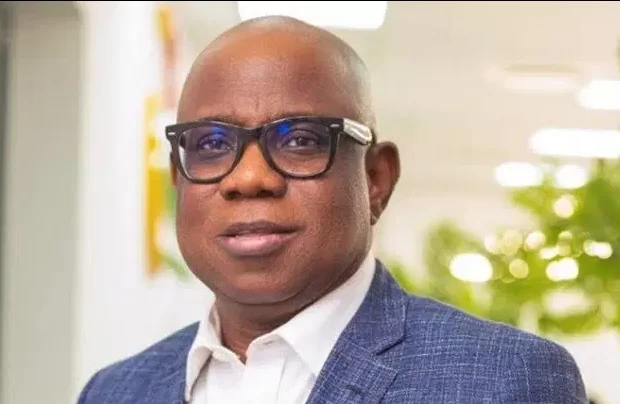
Mkpoikana Udoma
Port Harcourt — Nigeria is positioning itself to take the lead in Africa’s downstream transformation through infrastructure expansion, regional partnerships, and sustainable investment in the oil and gas value chain, the Nigerian National Petroleum Company Limited, NNPC Ltd, has said.
Group Chief Executive Officer of NNPC Ltd, Engr. Bayo Ojulari, made this assertion recently while delivering his keynote address at the 2025 OTL Africa Downstream Energy Week, themed “Energy Sustainability: Beyond Boundaries and Competition.”
Ojulari said Nigeria’s strategic location, refining capacity, and ongoing infrastructure projects placed the country at the centre of Africa’s energy logistics network.
“Nigeria is not just Africa’s biggest energy producer; we are becoming the hub for downstream innovation, infrastructure, and integration,” he declared. “The ongoing reforms and investments are transforming our country into the reference point for regional energy trade.”
He emphasized that the West Africa Reference Market, WARM, initiative, which seeks to harmonize standards, regulations, and infrastructure across regional markets, aligns with Nigeria’s ambition to boost cross-border energy trade.
“Through WARM, we aim to create a regional framework that enhances self-sufficiency and competitiveness,” Ojulari said. “Nigeria will continue to champion the vision of an integrated African downstream market where refined products can move seamlessly across borders.”
He added that Nigeria’s expanding network of depots, pipelines, and jetties would serve as the backbone for this ambition, enabling efficient product flow to neighbouring countries.
“NNPC is deploying additional infrastructure and modernizing existing facilities to strengthen regional connectivity,” he explained. “This will allow us to capture more value locally while supporting energy access across the continent.”
Ojulari further urged African nations to collaborate rather than compete in isolation, noting that shared infrastructure and coordinated policy frameworks would unlock new investment and reduce energy costs.
“The future of energy in Africa lies in partnership, not rivalry,” he said. “If we leverage our collective strengths, we can retain a larger portion of the $120 billion Africa currently spends on importing refined products every year.”
He reiterated Nigeria’s readiness to work with regional institutions, investors, and operators to drive the continent’s downstream transformation through technology, local content, and sustainable practices.
“Our commitment is clear,” Ojulari concluded. “NNPC will continue to lead with innovation, transparency, and collaboration to make Africa’s downstream market one of the most competitive in the world.”
This article was originally posted at sweetcrudereports.com
Be the first to comment